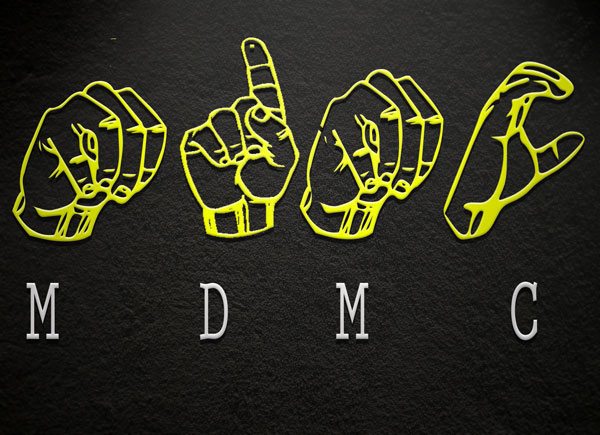
November 27, 2017; MinnPost
The definition of disability under the UN convention on the rights of persons with disabilities encompasses a wide range of physical, sensory, intellectual and mental health impairments, but with a common experience of stigma and exclusion. This stigma and exclusion seems to be magnified in developing countries. Immigrants from these countries often face an unfortunate reality of isolation and exclusion unless they find connections to those who can provide assistance. For people new to the US, being deaf or having a disability can mean not being able to obtain an education or, ultimately, not being able to be a part of the community due to a lack of access to basic services.
However, in Minnesota, one place has been a source of inspiration for those in the Somalian deaf community. The Minnesota Deaf Muslim Community (MDMC) connects deaf and hard-of-hearing individuals to communication assistance, ASL classes, and higher education, as well as job training and employment opportunities.
Sign up for our free newsletters
Subscribe to NPQ's newsletters to have our top stories delivered directly to your inbox.
By signing up, you agree to our privacy policy and terms of use, and to receive messages from NPQ and our partners.
With the Twin Cities being home to the largest Somali community outside of East Africa, services provided by MDMC can be life changing. “When deaf people first come here,” said MDCM president Abdullahi Moallim, “they don’t have anybody that they can relate to. They don’t know the sign language. So, they would just lose hope.” MDMC provides an avenue to advocate for the deaf community and to talk to their congregations about the challenges deaf people face in the Muslim community.
Another organization, Muhsen, founded by Omar Suleiman, seeks to serve the community by establishing a more inclusive environment on a national scale for individuals with disabilities. Muhsen takes the step of advocating, educating, training, and implementing programs and services nationwide to improve access at mosques for the disabled and special needs communities.
Muhsen aims to break down barriers and stigmas that may exist within the community. One way Muhsen addresses these issues is through a mosque certification program that allows mosques to showcase their level of inclusion and accessibility for those with special needs. This opens the door for conversations about how best to accommodate the Muslim congregation and ensuring that no one is isolated. Muhsen takes it a step further and provides funding toward equipment such as elevators and ramps, proper signage, ablution accessibility supports, closed captioning service, automatic doors, and adaptive playground equipment. They also have an extensive online directory that can be used to find providers across the country that can assist with American Sign Language (ASL), behavior therapy, counseling, speech therapy, and similar services.
Organizations such as Muhsen and MDMC are incredibly important for immigrant communities in the United States. Particularly for families with children who have special needs, these organizations help to provide open inclusive spaces for worship and community life. But also, they take on the task of spreading awareness about disabilities and connect the importance of meeting those needs as a religious obligation.—Suja S. Amir













